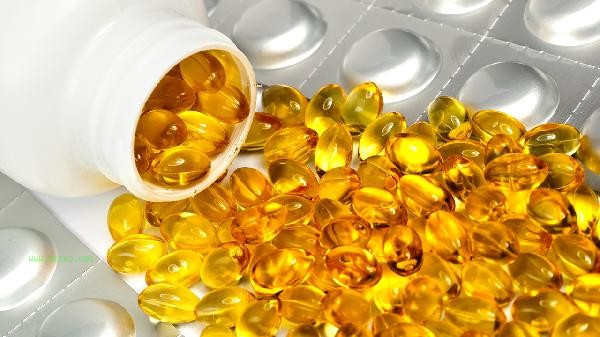It is recommended to take vitamin B tablets within 30 minutes after breakfast or training during the muscle building period for better results. The vitamin B family is involved in energy metabolism and protein synthesis, mainly consisting of vitamin B1, vitamin B2, vitamin B6, vitamin B12, niacin and other components. The timing of supplementation should be adjusted according to individual exercise intensity and dietary structure.

Vitamin B, as a water-soluble vitamin, can be taken after breakfast to enhance absorption by utilizing carbohydrates and proteins in food, especially suitable for people who engage in morning exercises. Vitamin B1 in compound vitamin B tablets helps with carbohydrate metabolism, while vitamin B6 promotes protein breakdown and utilization, providing energy reserves for all day exercise. If high-intensity resistance training is performed, supplementing with vitamin B within 30 minutes after training can synergistically repair muscle fibers with protein. Vitamin B12 can promote red blood cell production, while niacin participates in the recovery of the muscle energy supply system. Attention should be paid to avoiding taking it on an empty stomach to prevent gastrointestinal discomfort, and it should not be taken together with caffeine to avoid affecting absorption.

In special circumstances such as night training, vitamin B tablets can be adjusted to be taken after lunch. When some people have vitamin B2 deficiency, they may develop oral ulcers, and it is necessary to increase the frequency of vitamin B2 supplementation. For those who adopt intermittent fasting for muscle building, priority should be given to supplementing with vitamin B during the eating window period to avoid a decrease in the utilization of nutrients such as vitamin B6 due to prolonged fasting. Individuals with gastrointestinal dysfunction or metabolic abnormalities should adjust their medication time according to medical advice. During the muscle building period, in addition to supplementing with vitamin B, it is necessary to ensure a daily intake of high-quality protein of at least 1.6 grams per kilogram of body weight, with priority given to foods such as chicken breast, egg white, whey protein, etc. It is recommended to schedule resistance training within 2 hours after supplementing with vitamin B, and perform 3-5 composite strength training exercises such as squats and hard pulls per week. At the same time, pay attention to supplementing vitamin D and magnesium elements to promote muscle contraction function, avoid excessive intake of vitamin B causing waste such as yellow urine, and monitor liver function when taking long-term high-dose doses.




Comments (0)
Leave a Comment
No comments yet
Be the first to share your thoughts!